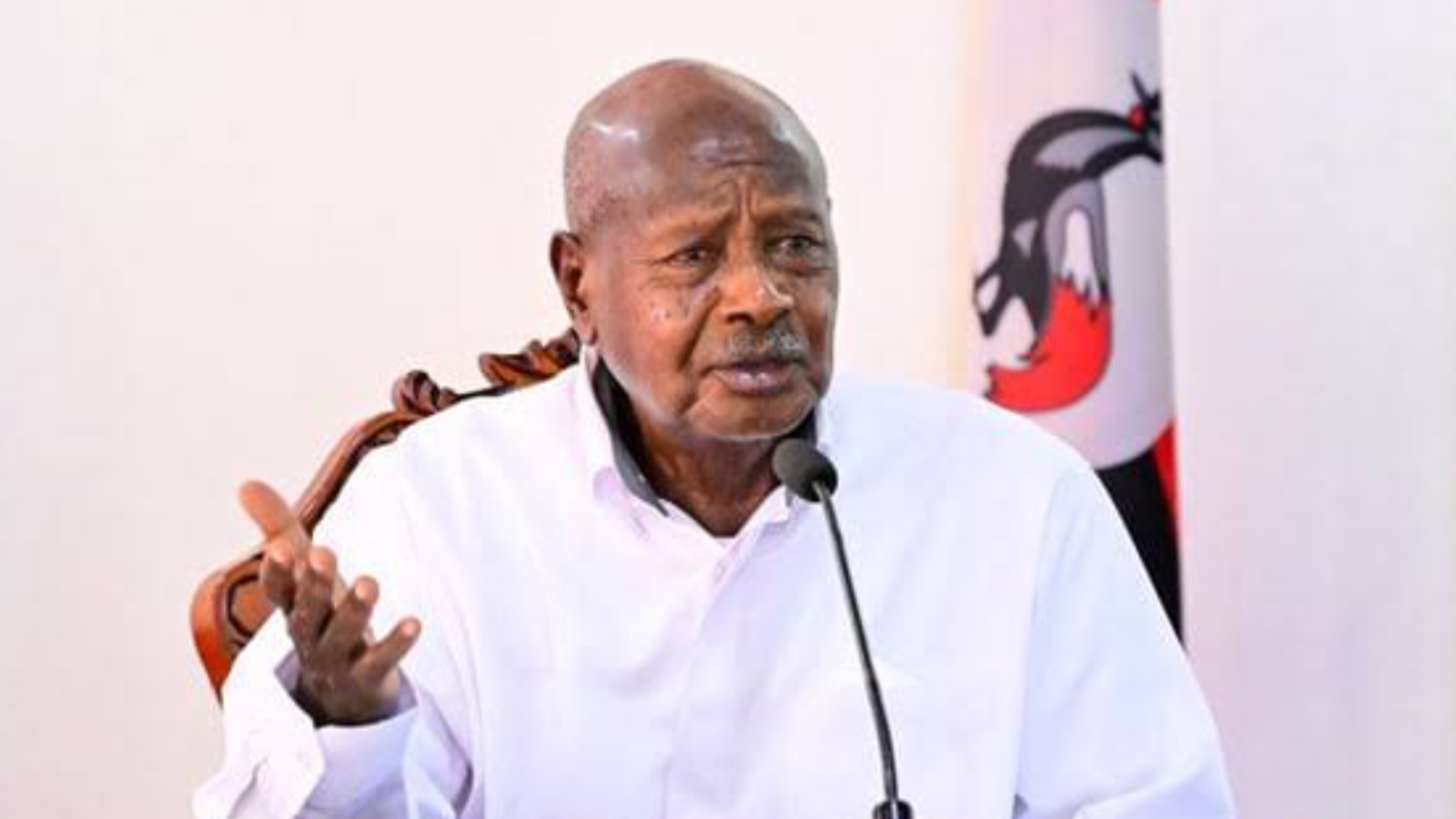President Yoweri Museveni has defended the rights of the Banyarwanda Ugandans, directing the decentralization of citizenship verification to local communities in a move aimed at ending bureaucratic bottlenecks and long-standing discrimination claims.
Addressing the matter after a high-level meeting with representatives of the Bavandimwe community on June 23 at State House Entebbe, Museveni acknowledged that genuine Ugandans of Rwandan descent had been unfairly delayed or denied national identification due to a flawed and overly centralized verification system.
Latest
Dr. Lulume Bayiga Quits DP, Joins People’s Front for Freedom (PFF)
NIRA Announces School-Based Child Registration
FDC Threatens Legal Action Over Electoral Commission’s Academic Verification Directive
PFF to Convene Over 1,500 Founders for Launch, Unveil Interim Leadership and Roadmap
Kyambogo University Dismisses NUP Student Leader Over Disciplinary Violations
UPDF to Recruit 11,500 for Regular and Professional Forces in July
China Donates $10 Million in Military Aid to UPDF
Ministry of Water and Environment Donates to Sanyu Babies Home
“I was beginning to be irritated by claims that Banyarwanda were being mistreated,” Museveni admitted. “But the meeting helped me understand that the problem has not been the law, but the implementers.”
The President argued that local leaders LC officials, elders, and area residents are better suited to identify citizens in their communities, as they hold generational knowledge of local population history. “It is totally unfair and unnecessary to waste the time of our people with bureaucrats in Kampala to determine who is a Ugandan,” Museveni said.
He emphasized that individuals or families who were in Uganda by 1926, when the country’s final borders were established, are citizens by birth and should not be subjected to bureaucratic obstacles or forced to apply for citizenship. He cited examples from his own childhood, referencing individuals of Rwandan, Indian, and Nubian descent who lived as full members of Ugandan communities decades before independence.
To resolve ongoing concerns, Museveni directed that all citizenship registration and verification be handled locally during the ongoing national ID registration and renewal exercise. Parish-level verification committees comprising LCI leaders, ISO representatives, and respected elders will now preside over citizenship determinations, with the National Identification and Registration Authority (NIRA) expected to act on their guidance.
The President further outlined that contested cases may be referred to district-level committees chaired by Resident District Commissioners (RDCs), whose decisions will be final.
“No payments should be made by those who were here by 1962,” Museveni added, “but those who came after must follow the formal process.”
Museveni rejected suggestions to abolish citizenship categories, calling them a matter of historical fact rather than discrimination. He also reiterated his stance on dual citizenship, saying it will remain limited to Ugandans who lived in diaspora due to insecurity and their descendants.
The announcement comes amid growing complaints by Banyarwanda Ugandans over marginalization in the issuance of national IDs and passports. Museveni’s intervention is seen as a significant political and administrative shift toward inclusive recognition of Uganda’s diverse heritage.
“We must close the cracks that allow injustice,” he stated, urging Ugandans to embrace fairness, reject bias, and respect those who have contributed to building the nation.
The directive takes immediate effect.





